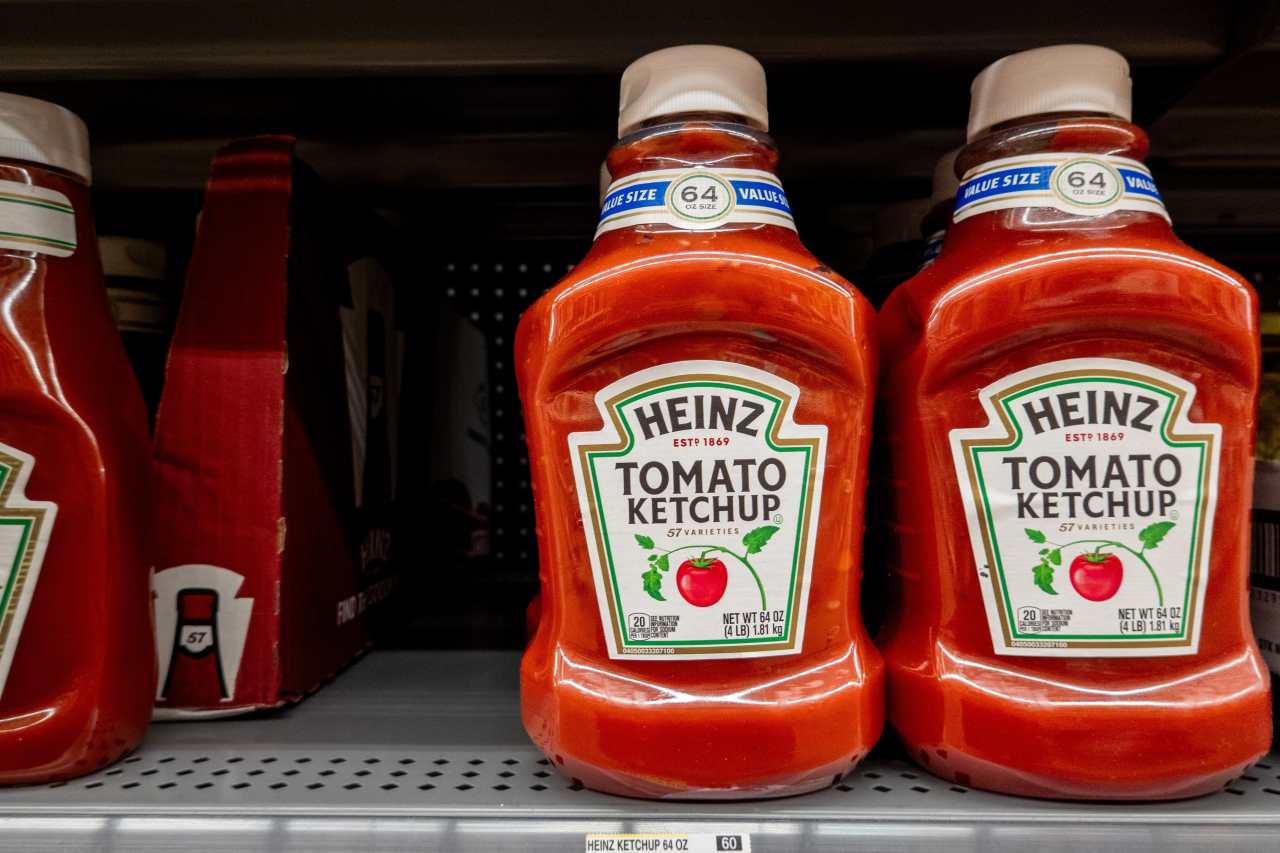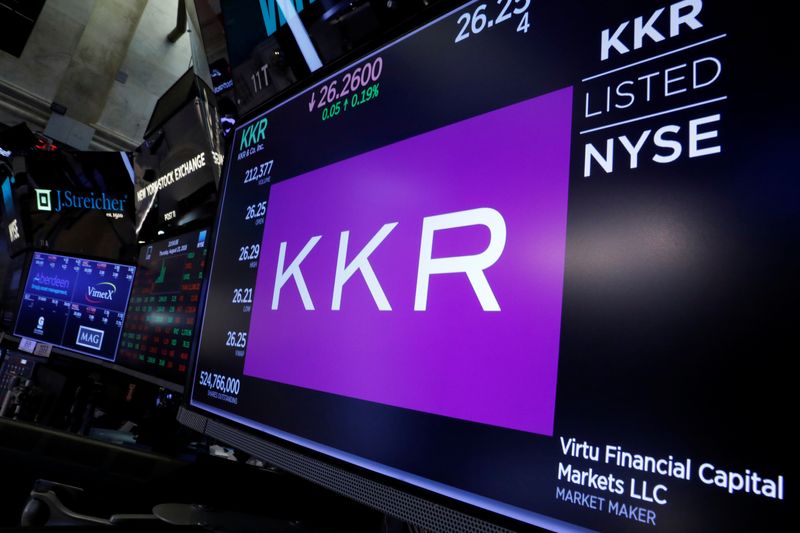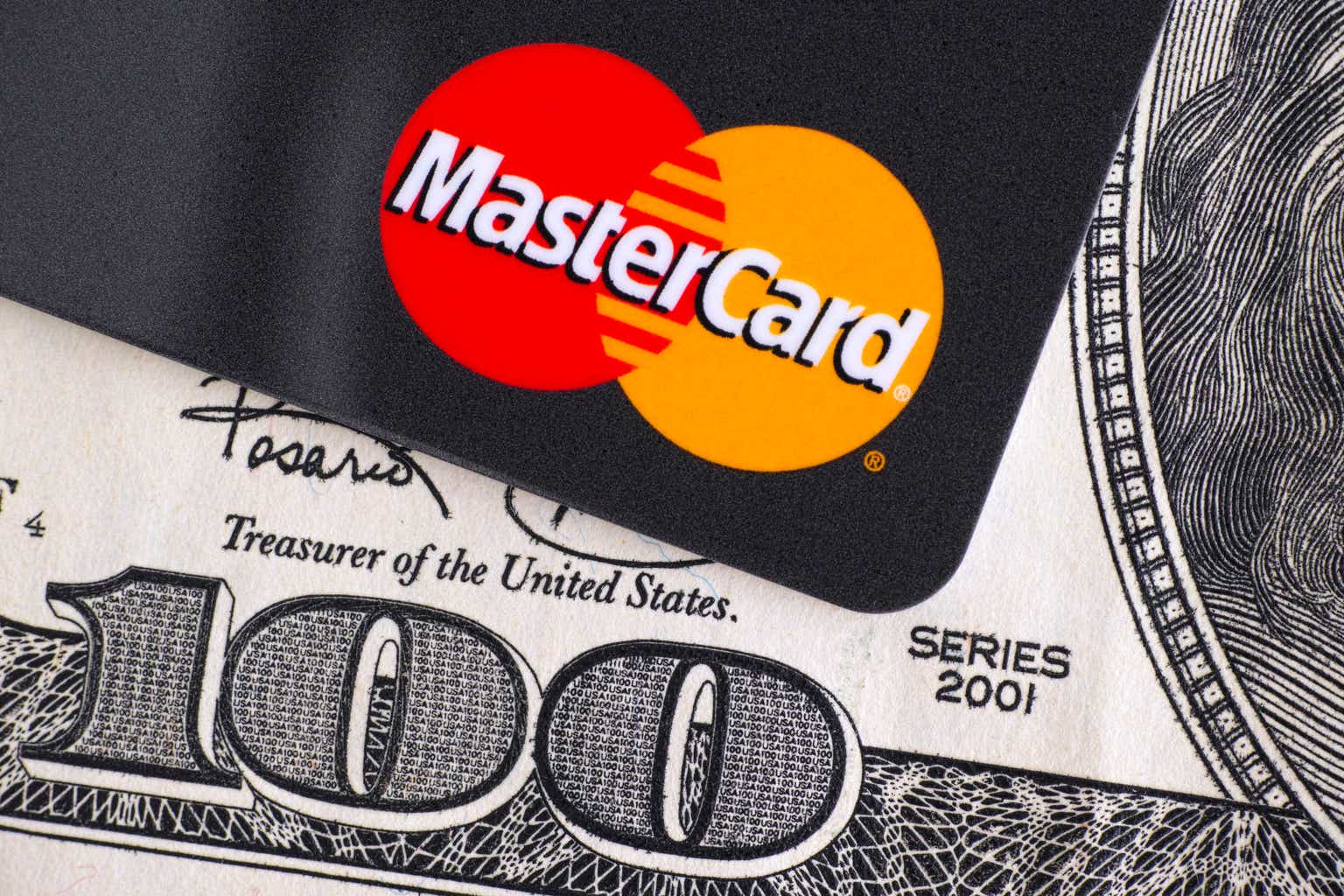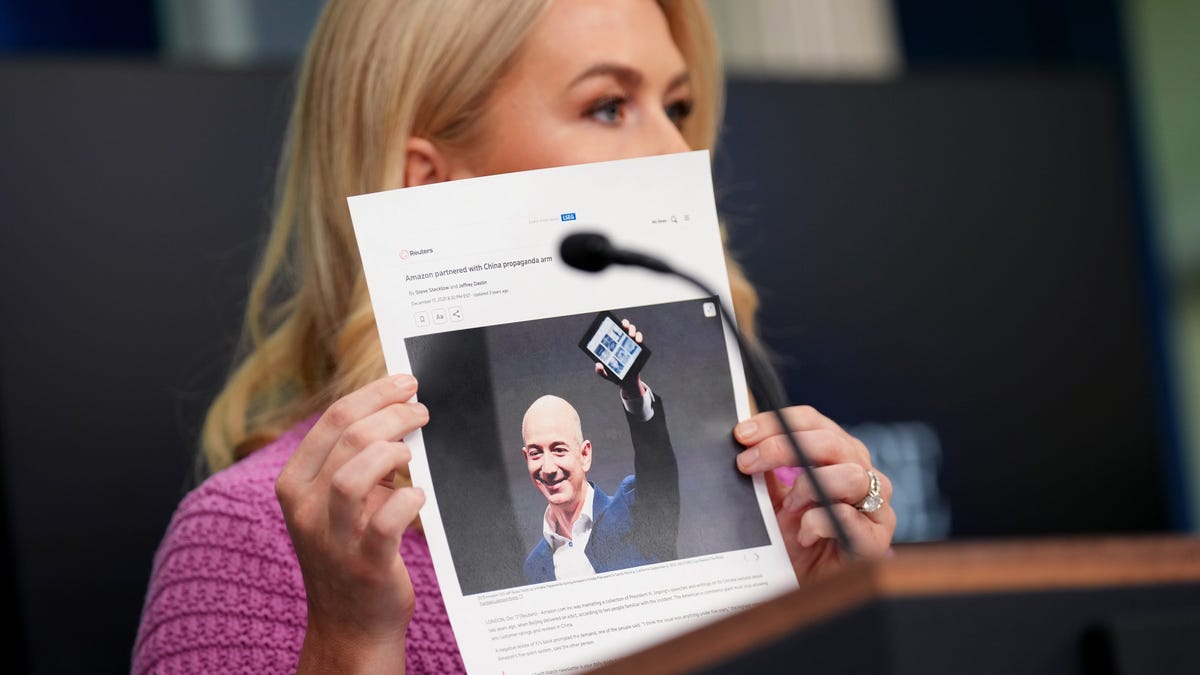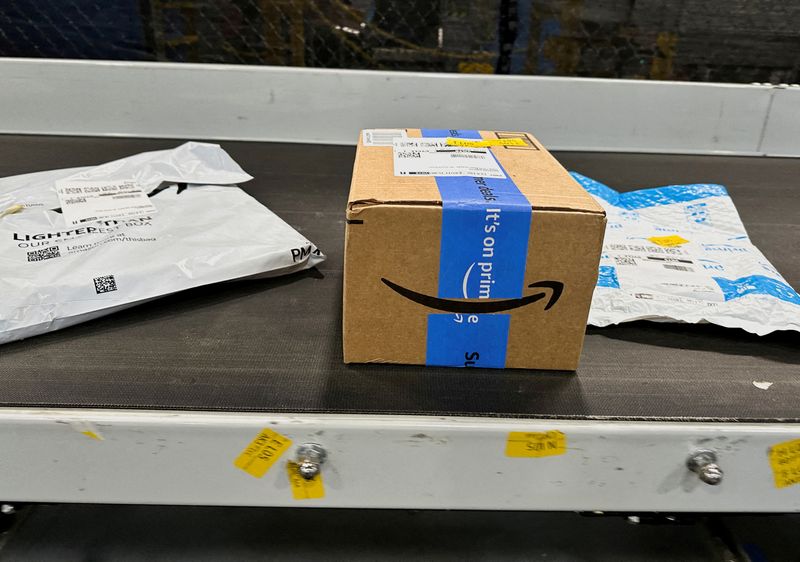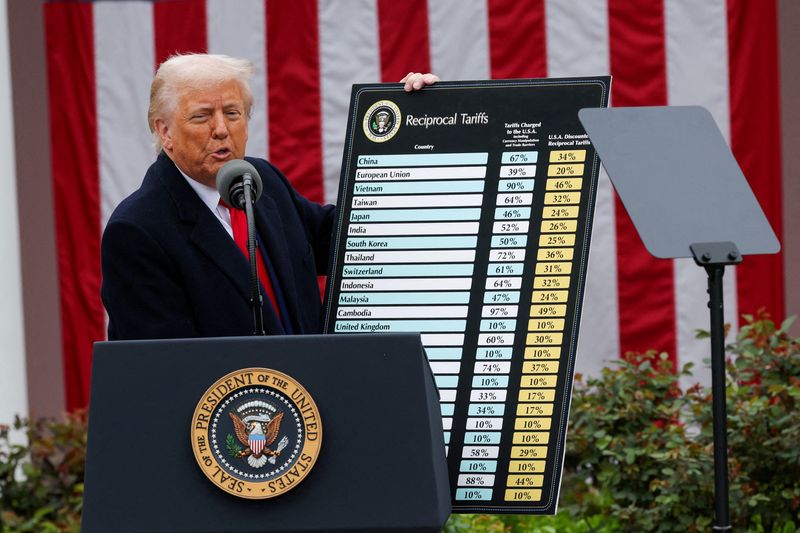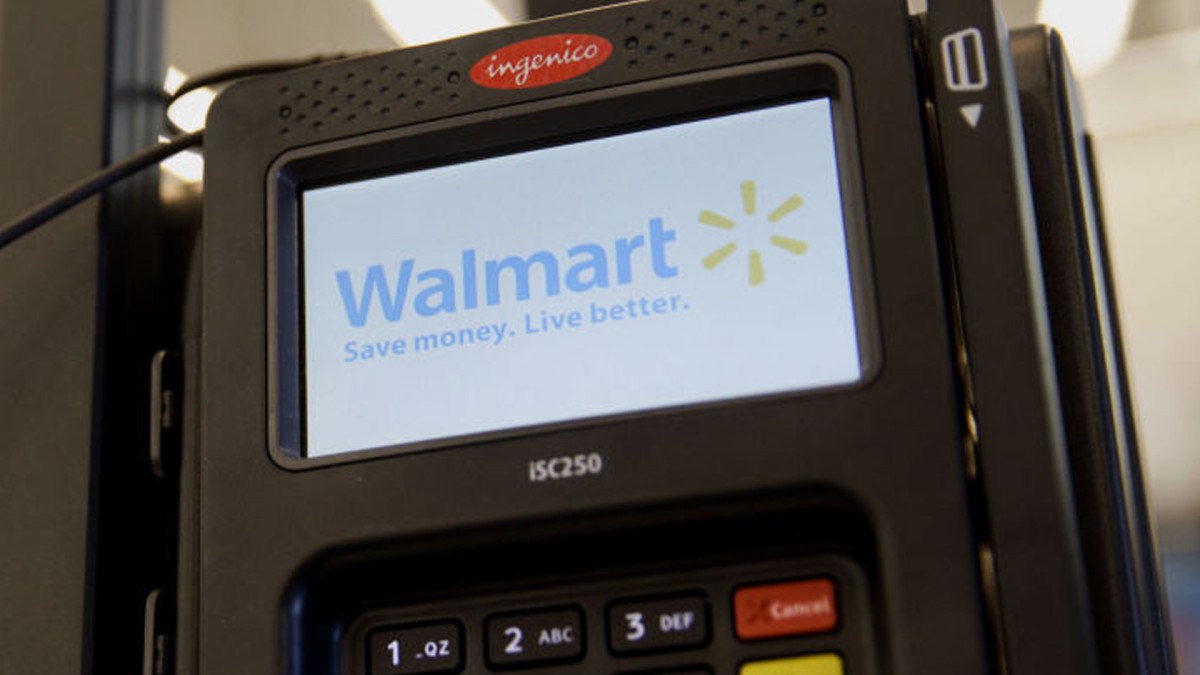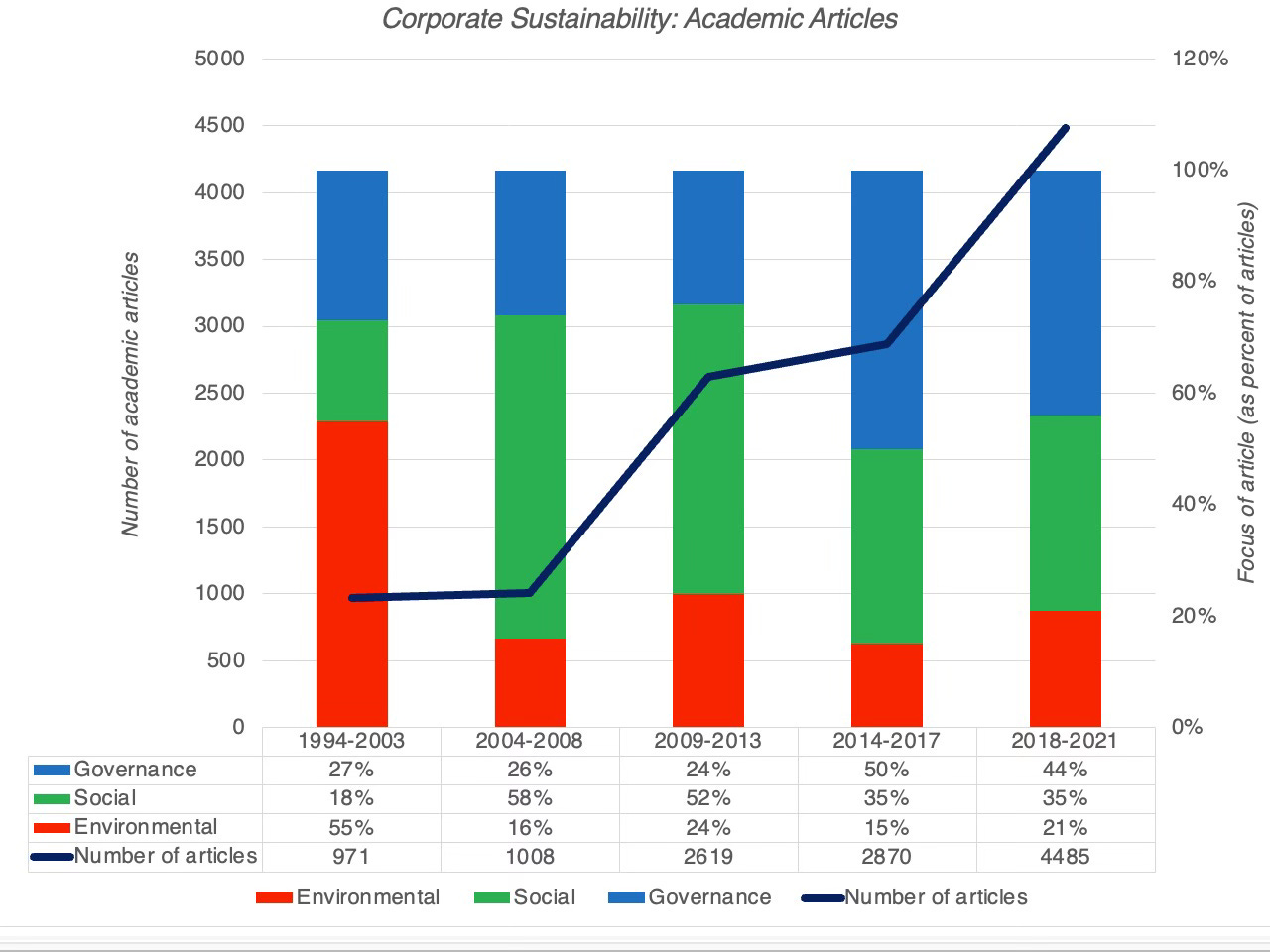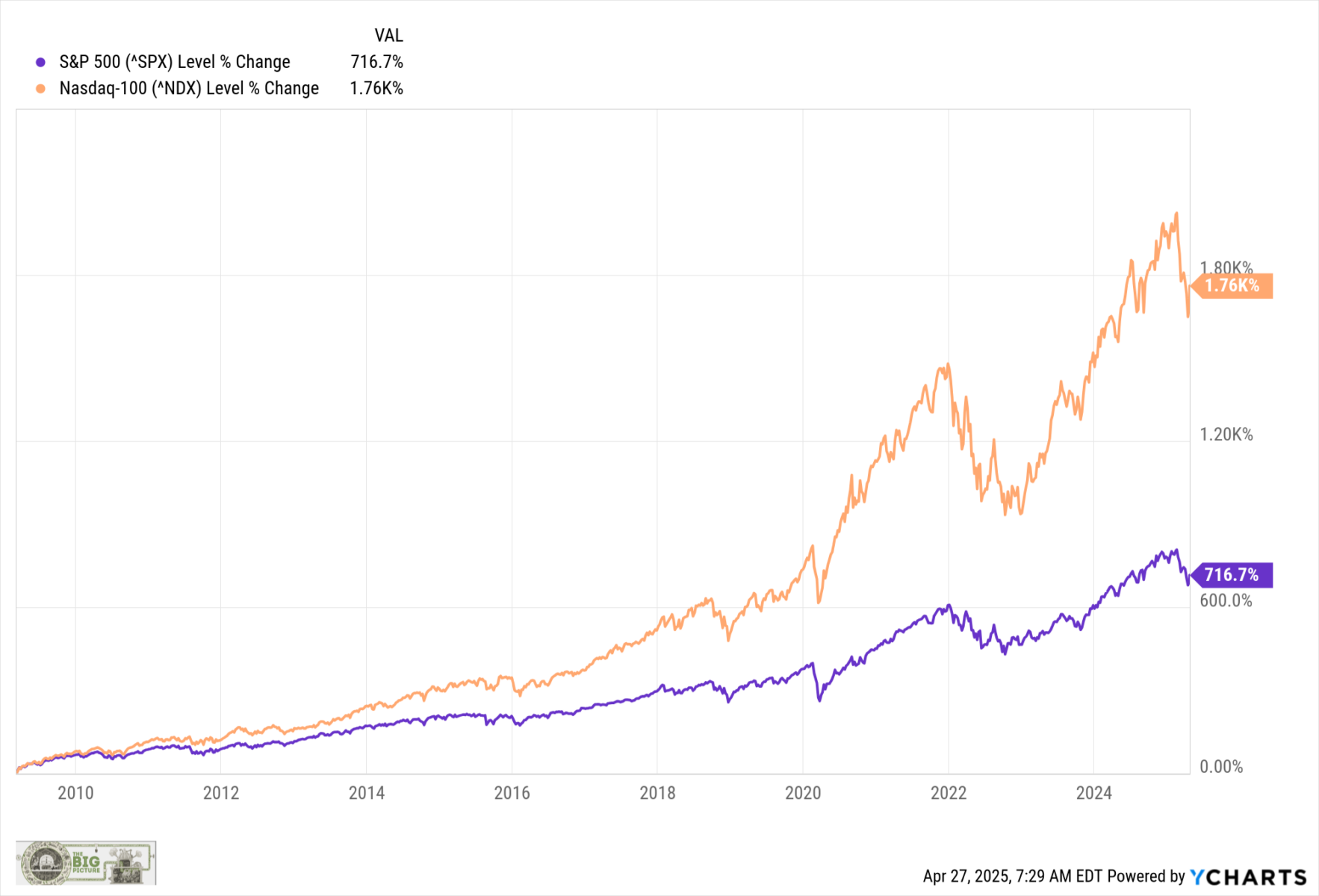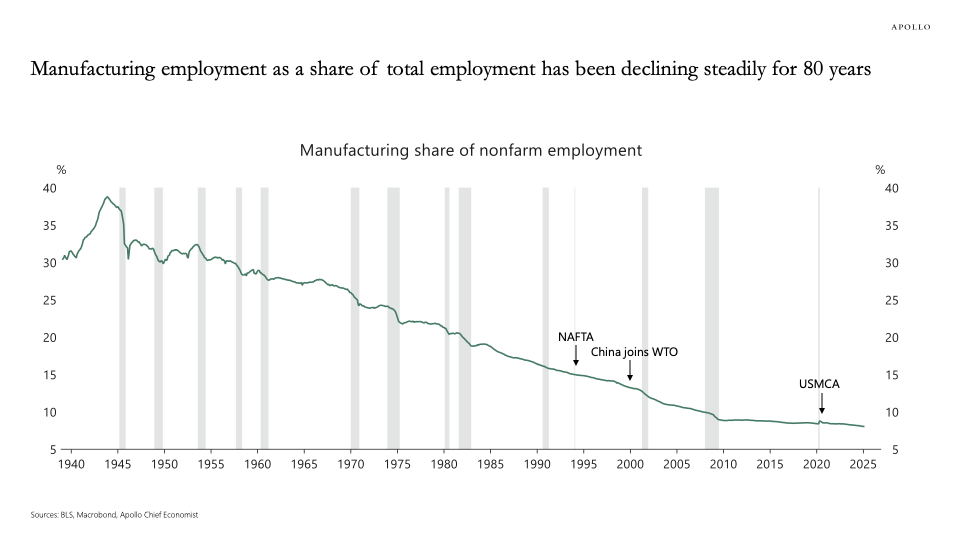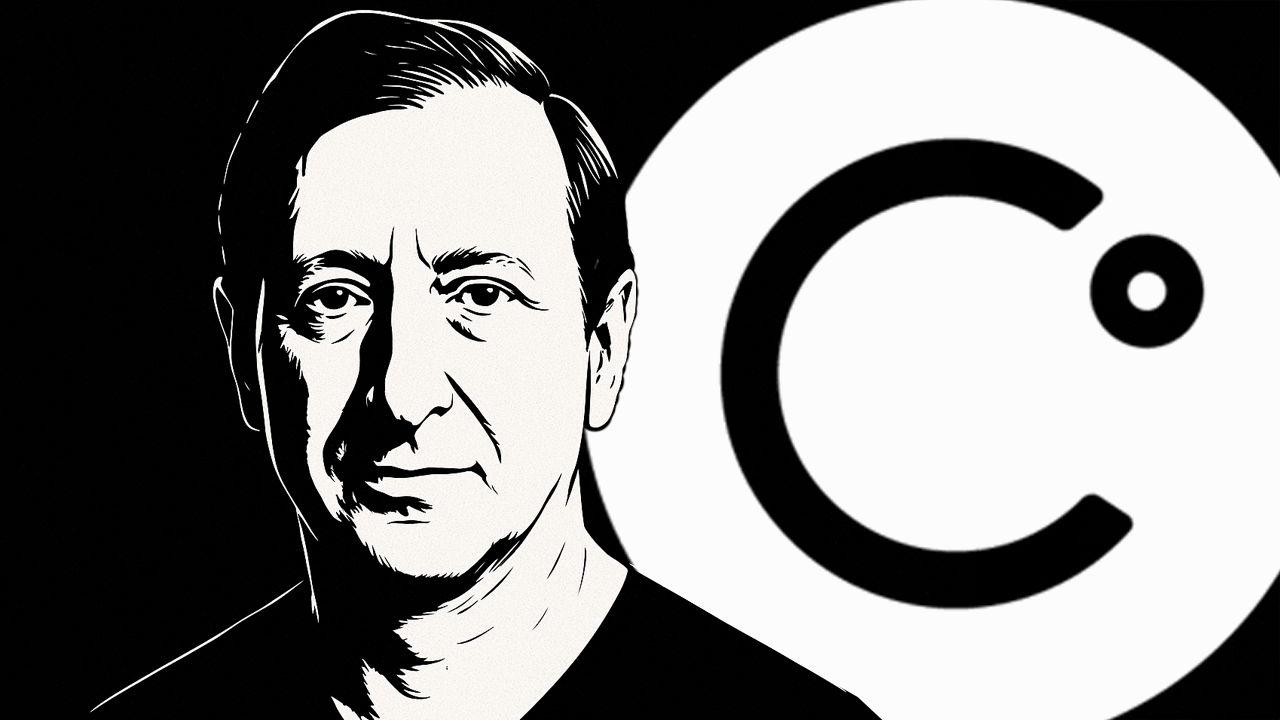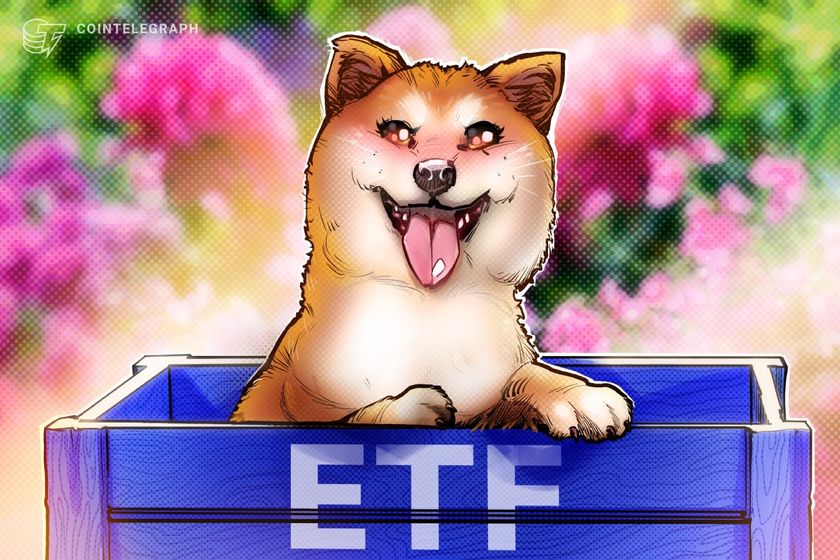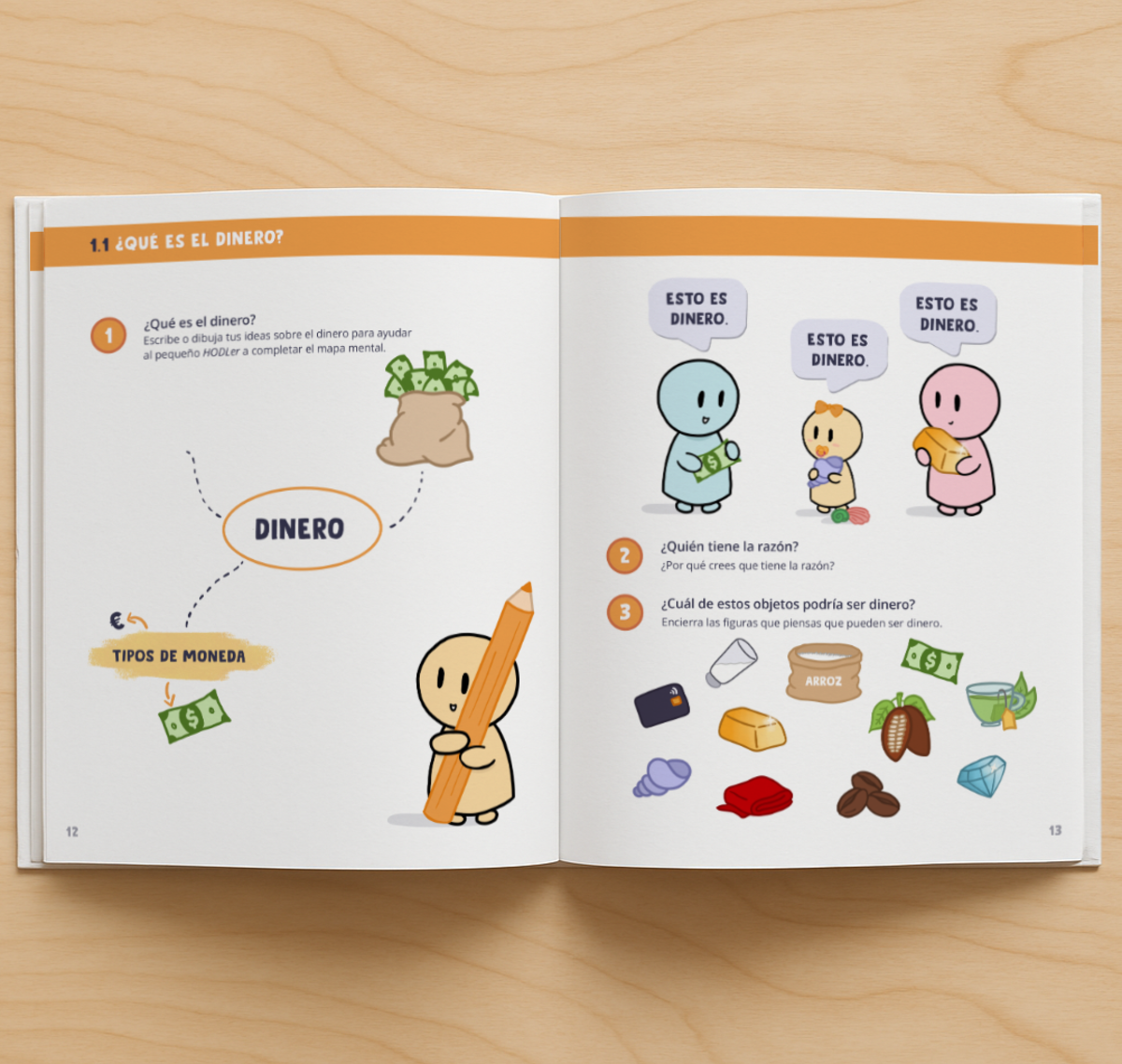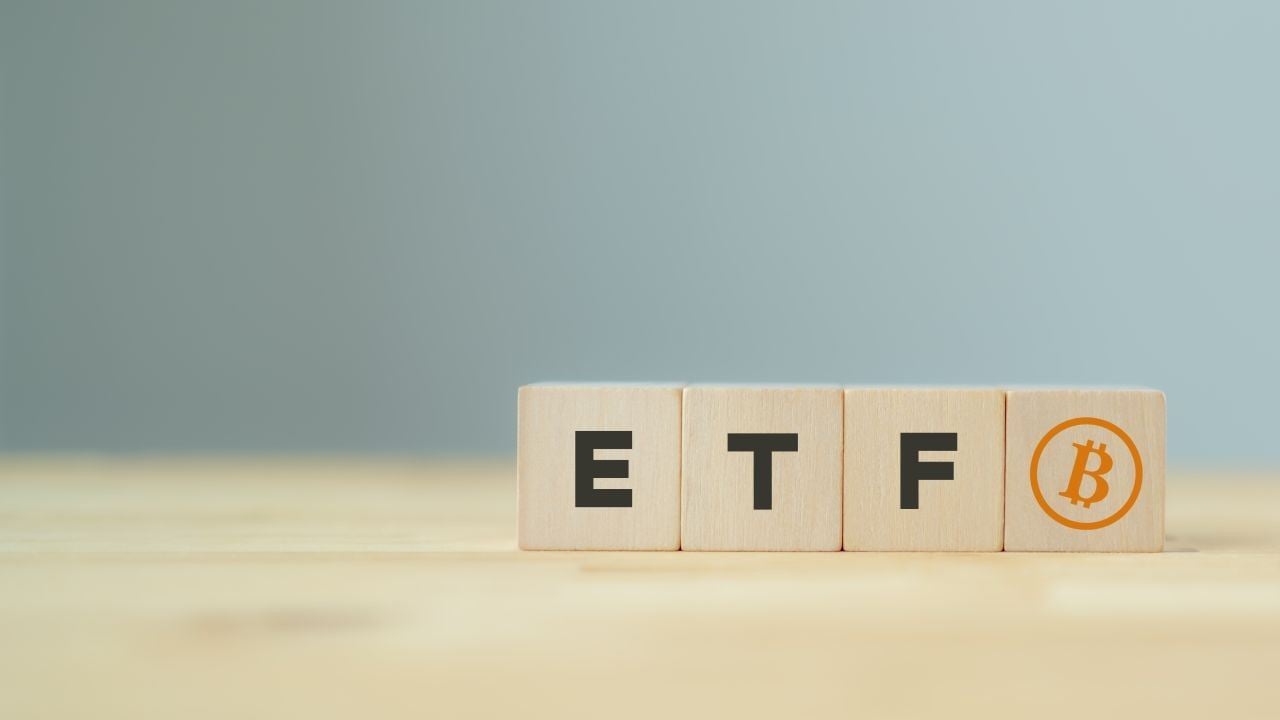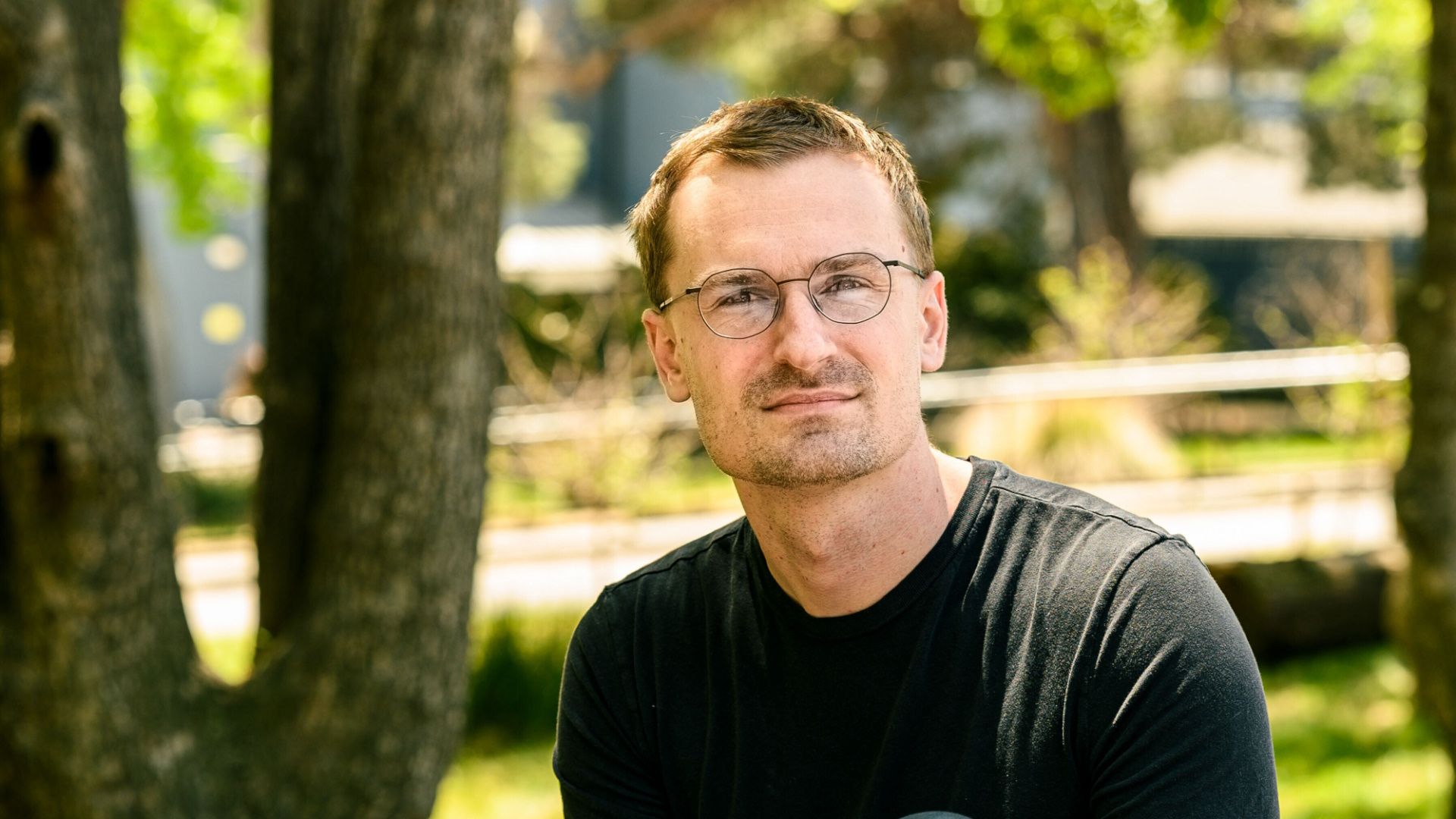Exclusive: Camp Network raises $25 million to help firms collect AI copyright royalties using blockchain
1kx and Blockchain Capital both led the Series A, which valued the startup at up to $400 million.

State-of-the-art AI needs massive amounts of data, and AI giants like OpenAI have vacuumed up huge swathes of copyrighted material to train their chatbots and image generators. In response, content creators have filed lawsuit after lawsuit over what they allege is tech firms’ unauthorized use of their articles, books, movies, and photos.
Camp Network is one of a handful of crypto startups that believe blockchains can help copyright owners enforce their rights when it comes to AI. On Tuesday, the company, which is building a blockchain where users can store and license their intellectual property, announced that it had raised $25 million in a Series A funding round. Venture capital firms 1kx and Blockchain Capital led the fundraise, and OKX, Lattice, and Paper Ventures also participated, among other investors.
The round was for equity with an attached token warrant, or promise of a yet-to-be-released cryptocurrency. The Series A valued the startup at a token valuation of up to $400 million, according to Nirav Murthy, cofounder and co-CEO of Camp Network.
“It's a design space that's wide open,” Peter Pan, a partner at 1kx, told Fortune. “There's no true winner there.”
Camp Network isn’t the only firm that’s pitching blockchain technology as a solution to content-hungry AI. Soneium, a blockchain partly incubated by the Japanese tech conglomerate Sony, is also marketing itself as a tool for creators. Then there is PIP Labs, which is pitching its blockchain as an IP database, and which raised $80 million in August in a funding round led by Andreessen Horowitz's crypto division.
All of these startups make the case that blockchains—decentralized databases that can trace who owns what asset—are ideal for tracking when AI uses someone’s intellectual property. In practice, this means alerting AI companies when they are ingesting copyrighted data, and then instructing them to pay authors royalties. But why would corporations like OpenAI pay for content when they’ve freely raided the internet for years?
Murthy, the cofounder of Camp Network, says times are changing and that websites and content creators have gotten wise to AI firms’ tactics. He pointed out that OpenAI is paying sites like Reddit, and that the AI giant is also embroiled in a series of lawsuits over what publishers allege is its unauthorized use of their writing. "If you're a startup trying to train a voice model or a video model or a gaming model, you can't do it anymore,” Murthy argued. “Where is somewhere where I can verify that I won't get sued?"
That’s where his blockchain comes into play. As opposed to PIP Labs, which Murthy says has targeted larger corporations to strike deals, Camp Network has focused more on content creators in the crypto community. “We made a conscious decision to go through the web3 route,” he said.
A graduate of UC Berkeley, Murthy worked first as a deal scout for venture fund CRV in college and then, after graduation, he signed up with The Raine Group, a financial firm that has invested in various media properties like Vice Media. His two other cofounders, James Chi and Rahul Doraiswami, are also graduates of Berkeley. Chi is a former Goldman Sachs investment banker and Doraiswami is a longtime software engineer who used to work at the crypto company CoinList.
Camp Network currently has a team of 18 employees, and Murthy said they plan to launch their own cryptocurrency “later this year.”
This story was originally featured on Fortune.com
